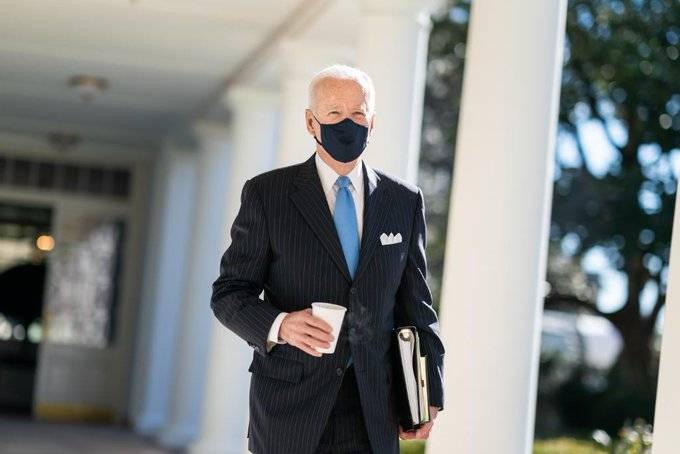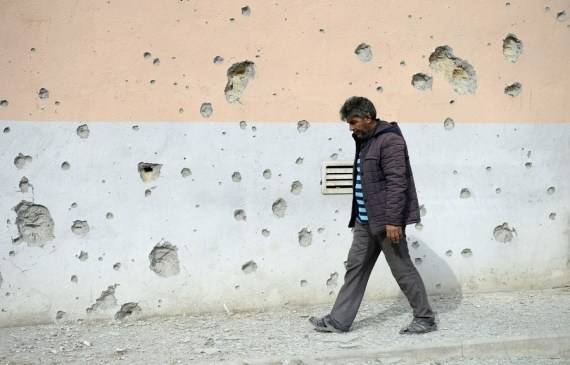The Iranian official expressed regret over the deaths and injuries endured by both countries, and stressed the need for mutual restraint…reports Asian Lite News
Iran’s Foreign Ministry has urged neighbouring Azerbaijan and Armenia to overcome tensions and conflicts, and vowed to offer “any kind of assistance” to broker lasting peace between the two countries.
In a statement published on the Ministry’s website on Thursday, spokesman Saeed Khatibzadeh expressed Iran’s concern over continuing border clashes between Azerbaijan and Armenia, reports Xinhua news agency.
The Iranian official expressed regret over the deaths and injuries endured by both countries, and stressed the need for mutual restraint and the respect of internationally recognised borders.
Iran’s announcement came a day after both Azerbaijan and Armenia confirmed the two sides recently engaged in a new border clash, which caused casualties from both sides.
While Armenia claimed that that three of its soldiers were killed, Azerbaijan said two of its soldiers had been wounded by shelling.
Later, the two countries accepted a Russian ceasefire proposal in an effort to calm tensions.
Wednesday’s clash was one of the deadliest since the 44-day conflict in the the Nagorno-Karabakh region and surrounding areas last year, which ended after a ceasefire was reached under the mediation of Russia.

US-Iran n-negotiations
Washington is fully prepared to continue negotiation with Iran to return to the Iranian nuclear agreement, visiting US Secretary of State Antony Blinken has said.
Blinken made the remarks after he met with Kuwaiti Foreign Minister Sheikh Ahmad Nasser Al-Mohammad Al-Sabah to discuss bilateral ties and regional issues, the Xinhua news agency reported.
Blinken said that the US is willing to reach an agreement with Iran, urging Iran to make the decision, adding that “the ball is in Iran’s court.”
The Iranian side has been criticising the United States for “violating their promises and commitments” to the agreement, formally known as the Joint Comprehensive Plan of Action (JCPOA).

The US government under former President Donald Trump withdrew from the JCPOA in May 2018 and unilaterally re-imposed sanctions on Iran. In response, Iran gradually stopped implementing parts of its commitments to the deal from May 2019.
Between April 6 and June 20, the JCPOA Joint Commission, attended by a US delegation indirectly, held talks in Vienna to discuss a possible return of the United States to the JCPOA and how to ensure the full and effective implementation of the deal.
The parties recently said serious differences remain between Iran and the United States over the revitalisation of the deal after six rounds of talks.

Leave a Reply